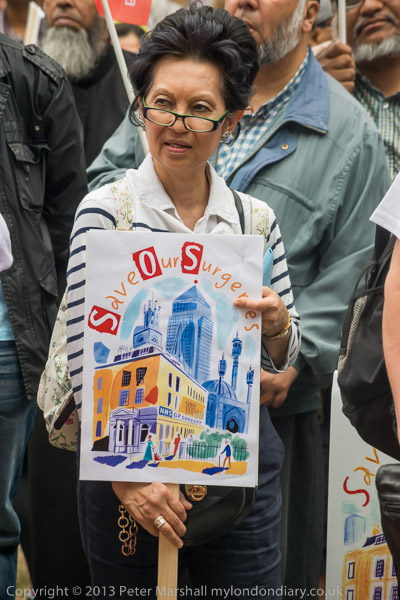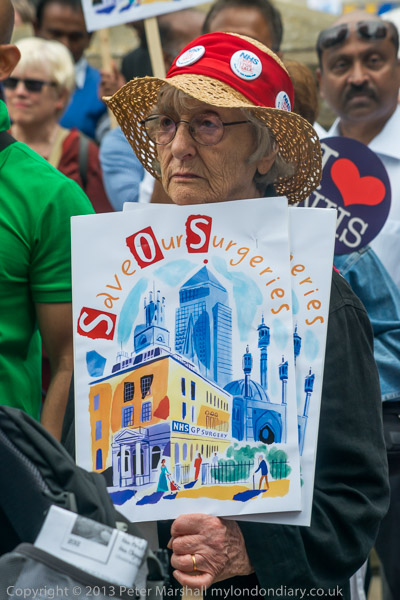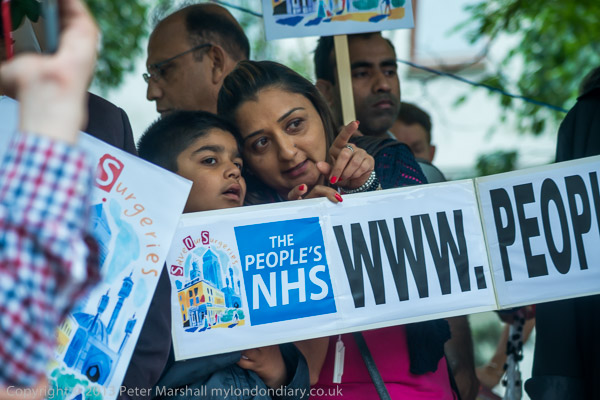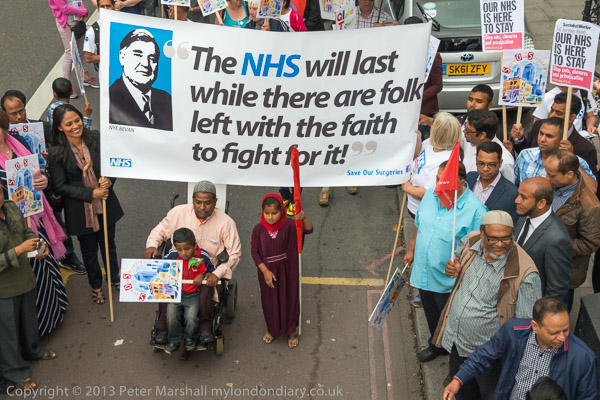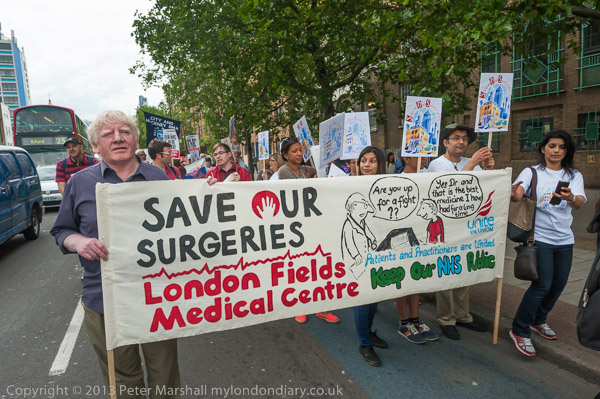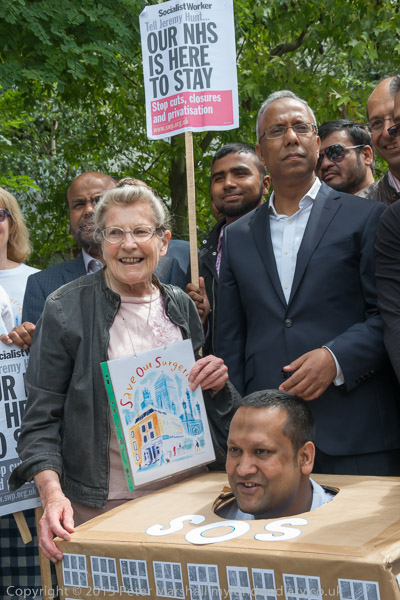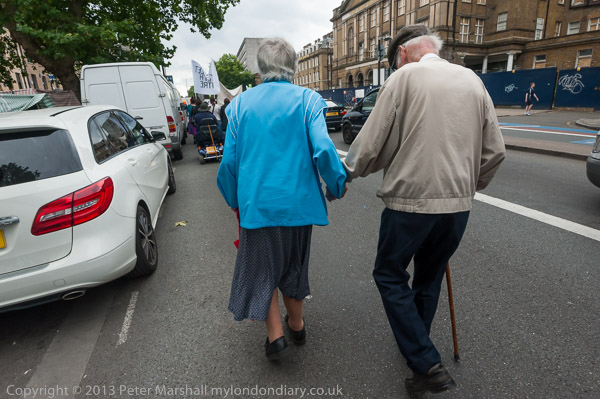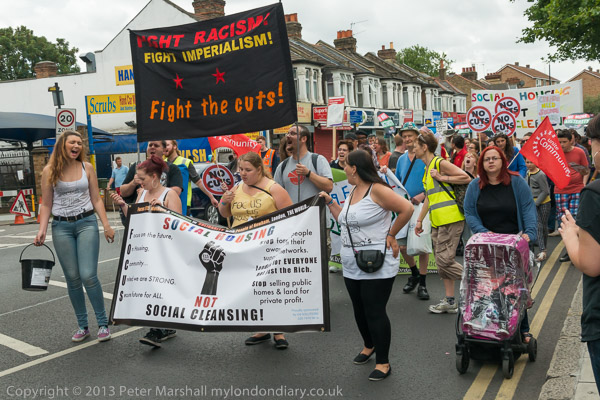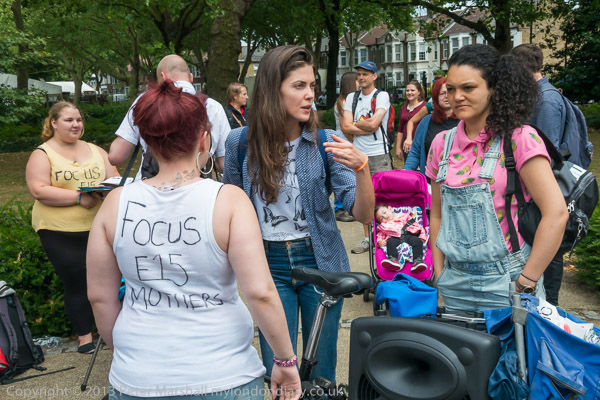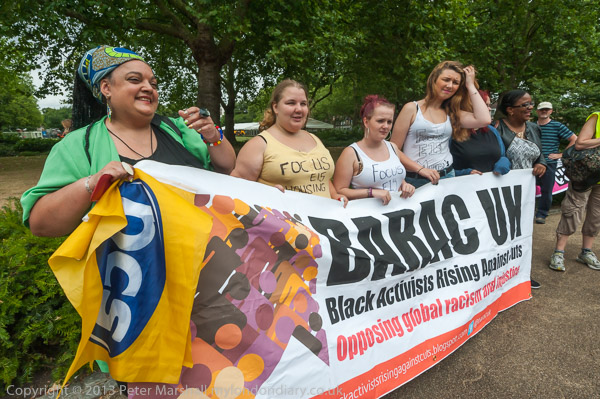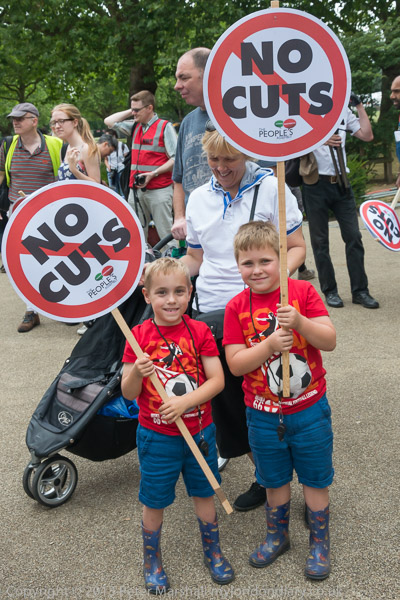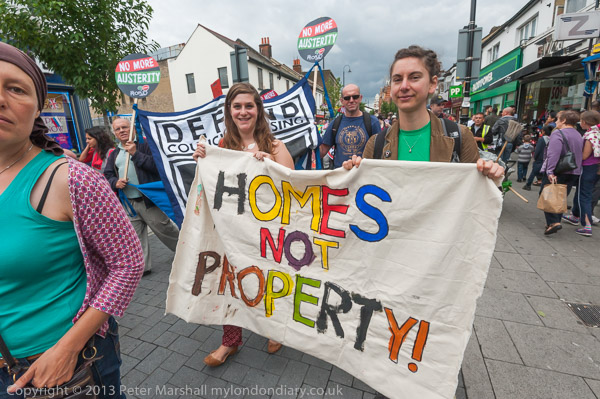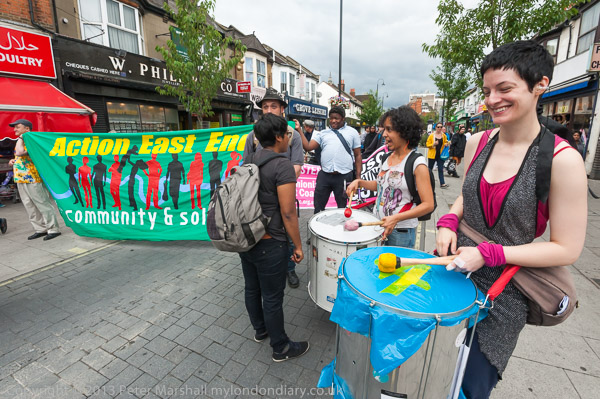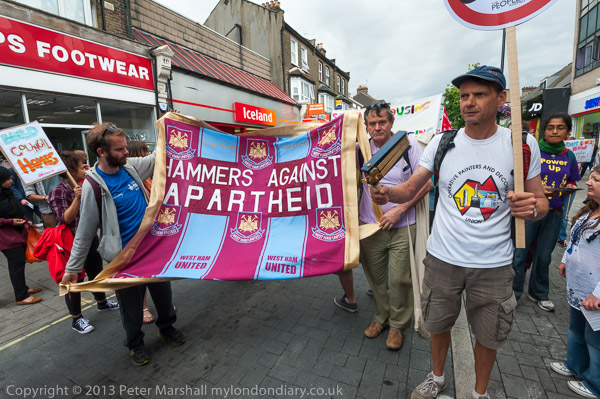Chelsea Manning, Kurdistan & Syria – Three protests in London on Saturday 17th December 2016.
Vigil on Chelsea Manning’s 29th birthday – Trafalgar Square
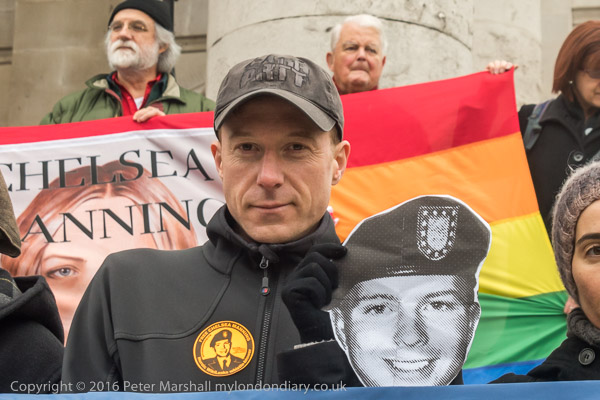
A silent vigil on the steps of St Martin-in-the-Fields in Trafalgar Square marked the 29th birthday of trans-gender whistleblower Chelsea (formerly Bradley) Manning, jailed for 35 years in 2013, whose courageous leaks revealed war crimes by US, UK and other governments.
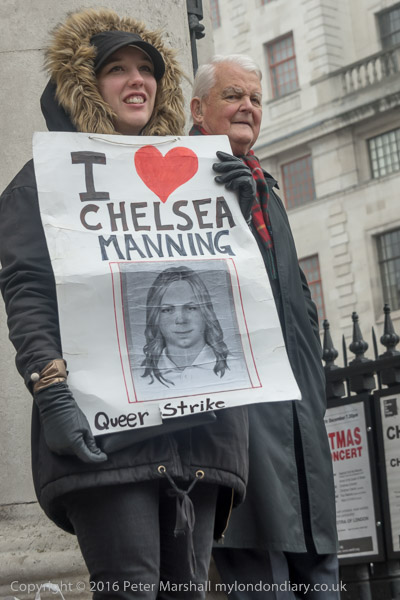
Working for the US Army as a specialist intelligence analyst as Bradley Manning she released almost 750,000 documents to Wikileaks in 2010 showing the US, UK and other governments’ war crimes and corruption in Afghanistan, Haiti, Iraq, Israel & the Palestinian Authority, Peru, Venezuela and elsewhere. Some were classified and many others were highly sensitive and incriminating. In 2013 she was sentenced to 35 years and held in the maximum security U.S. Disciplinary Barracks at Fort Leavenworth.
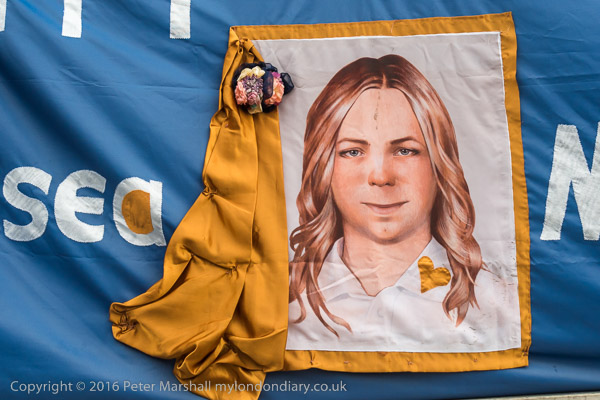
The London vigil was a part of an international day of action for her release. Since she came out as a trans woman in 2013 she had been repeatedly harassed by the military in prison and twice in 2016 had attempted suicide. Protesters around the world called on President Obama to release her on the basis of the prison time she had already served before he left office. The following month he commuted her sentence to around seven years and she was released from jail. She spent a further year in 2019-2020 after she refused to testify to a grand jury investigating WikiLeaks founder Julian Assange.
Vigil on Chelsea Manning’s 29th birthday
Kurds protest for a Free Kurdistan – Downing St
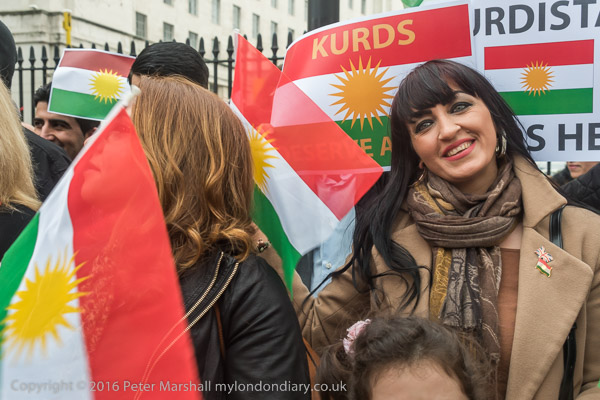
Kurds, many wearing or waving the flag of Free Kurdistan called on the civilised world to recognise the sacrifices made by the Peshmerga in fighting for freedom and against Islamic extremism in Iraq and Syria.
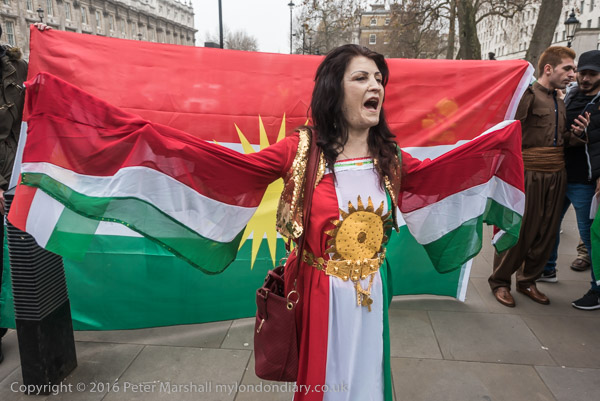
The Peshmerga is the army of the Kurdistan Regional Government (KRG) in Iraq, first formed in the18th century as border guards but more recently fighting for Kurdish autonomy, although it also includes Assyrian and Yazidi units. Iraqi Kurdistan is an autonomous region of Iraq, and under the Iraqi constitution the Pershmerga is responsible for the security of the region.
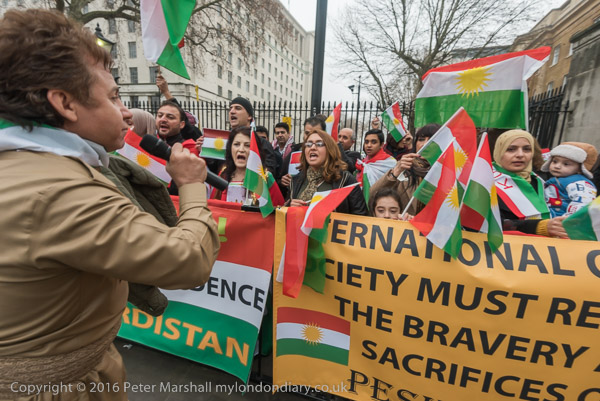
They played a key role in US missions against al-Qaeda after 9/11and were with other Kurdish forces now fighting against ISIS with some support from the USA. But the USA was refusing to directly supply any weapons except through the Iraqi government who were failing to pass any on the the Pershmerga as they feared they would be used to promote an independent Kurdistan. And in London people seemd to be clearly calling for a free Kurdistan.
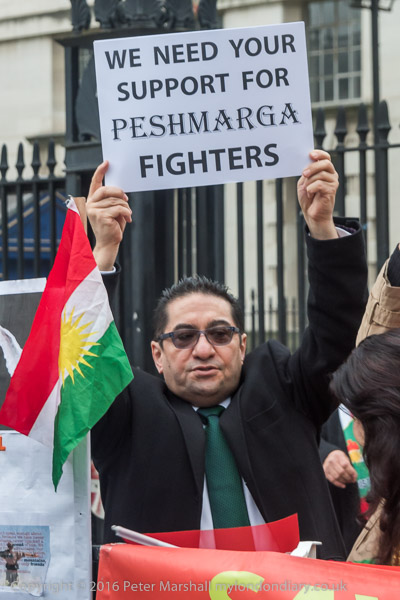
The result of this failure to pass on weapons is that the force is poorly armed, mainly using Soviet-era weapons they captured in earlier Iraq uprisings and now weapons captured from ISIS in 2014. This protest called for greater support to provide them with modern weapons and other support they lack including ammunition, ambulances and military communications equipment.
Kurds protest for a Free Kurdistan
Doctors & Nurses Die-in for Syria – Old Palace Yard, Westminster
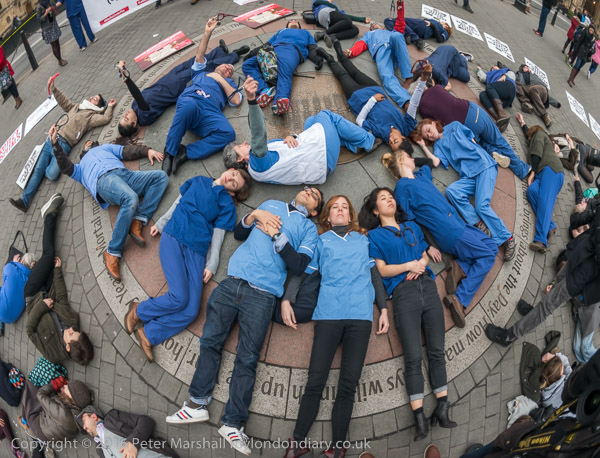
A short walk away in front of the Houses of Parliament Healthcare workers held a die-in at Parliament in solidarity with the Syrian people.
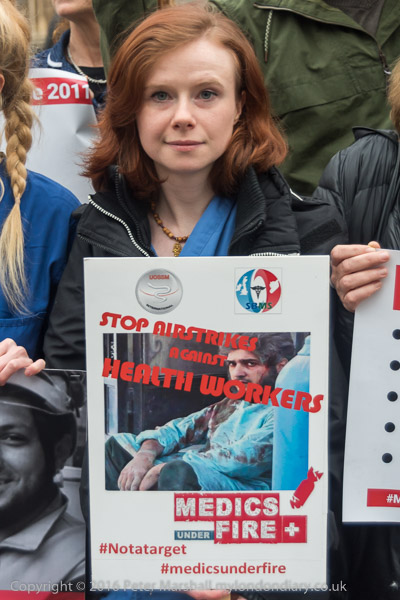
They called for an end to the bombing of civilians, hospitals and schools by the Assad regime and for the UK government to put pressure on the Syrian government to allow the delivery of aid. They urged the UK to make airdrops of aid, provide safe passage to all those trapped and grant asylum to refugees.
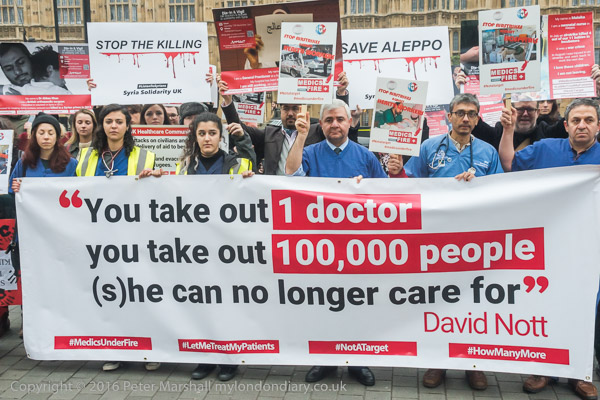
The protest was organised by Medact’s Arms and Militarisation (MAM) group along with Syria solidarity activist groups and individuals including the Syrian British Medical Society.
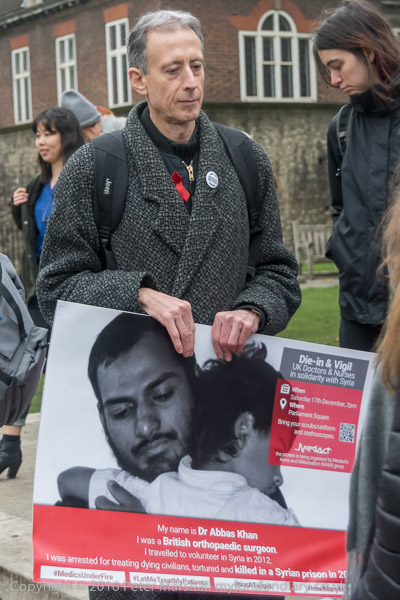
Between 2014 and 2021 when the Syrian Vulnerable Persons Resettlement Scheme closed, the UK accepted around 20,000 Syrian refugees. When adjusted to reflect the population size of European countries this puts the UK well down among European countries. For the total number of resettled refugees from 2008-20021 the UK comes fifth behind Germany, Sweden, Norway and France but adjusted for population size we are in 10th position.
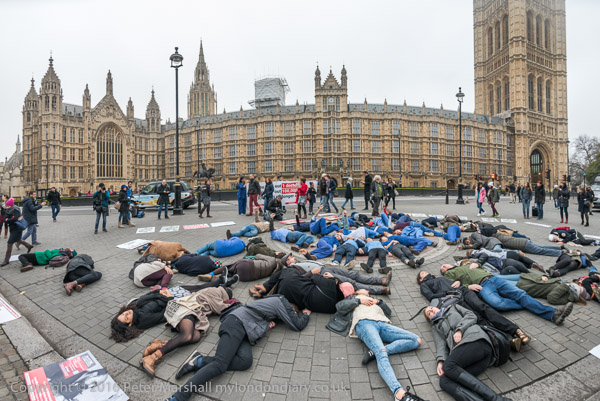
But along with the USA, Britain failed to take any effective action in support of the Syrian revolution and the crimes against the people committed by the Assad regime, and were severely outplayed by Russia who backed Assad.
Doctors & Nurses Die-in for Syria
Flickr – Facebook – My London Diary – Hull Photos – Lea Valley – Paris
London’s Industrial Heritage – London Photos
All photographs on this page are copyright © Peter Marshall.
Contact me to buy prints or licence to reproduce.

